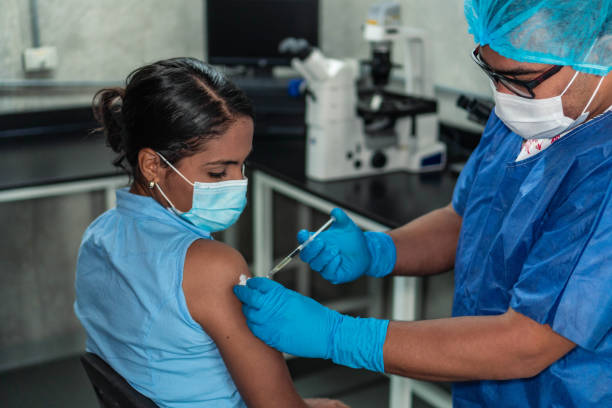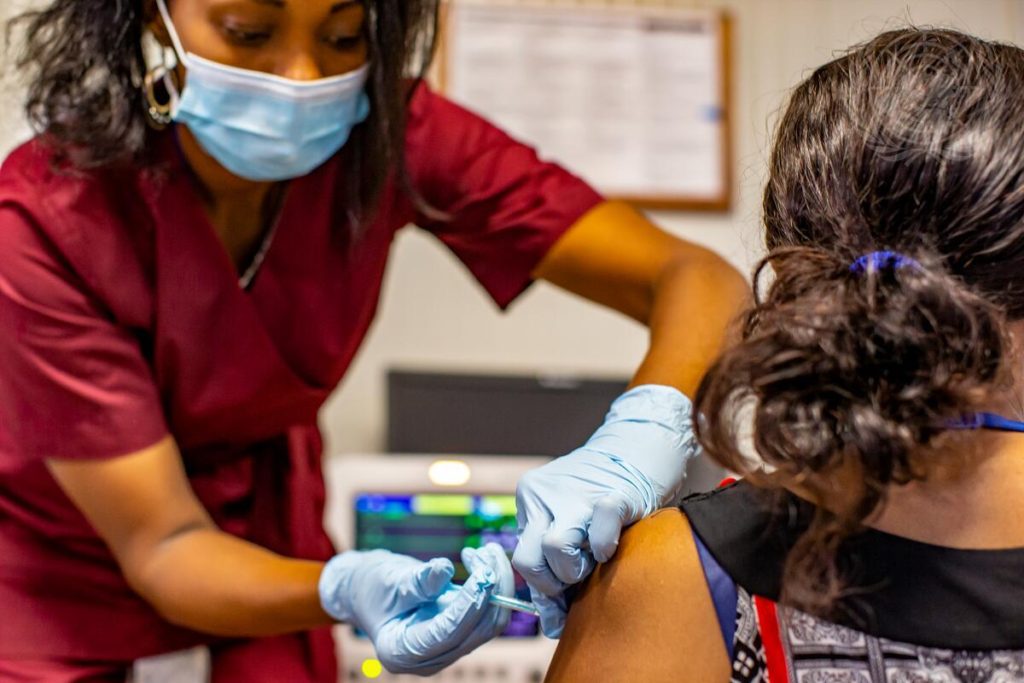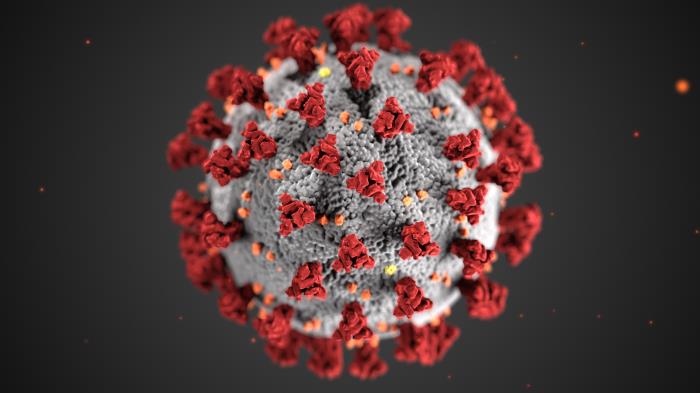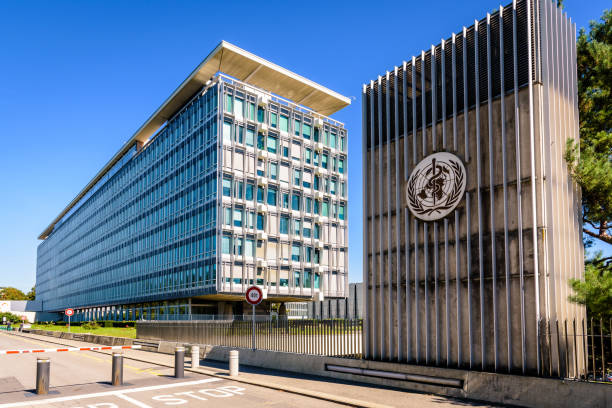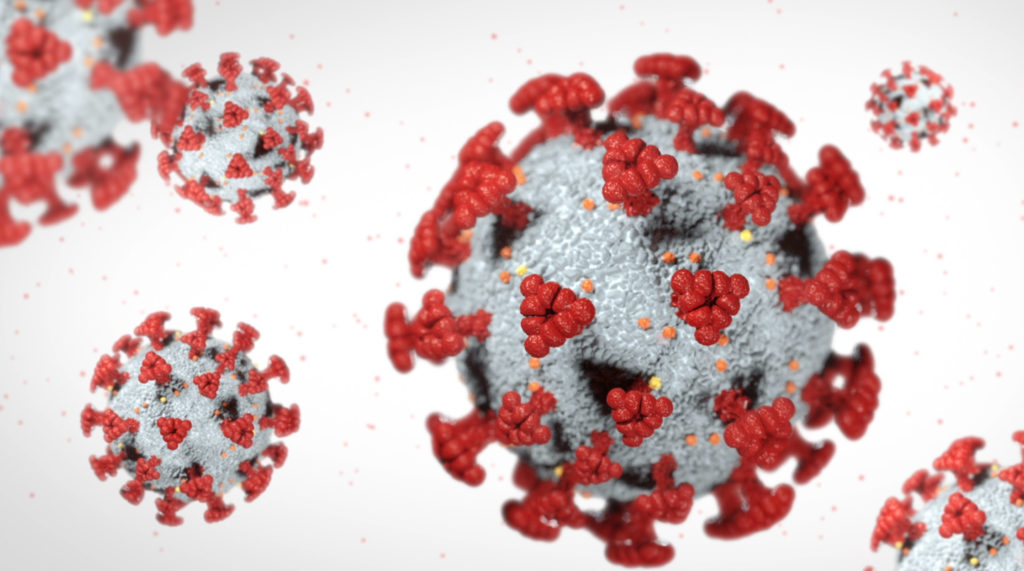New York, February 5 – Billionaire Michael Bloomberg, Founder, Bloomberg LP and Bloomberg Philanthropies, was re-appointed the UN Special Envoy on Climate Ambition and Solutions by UN Secretary-General Antonio Guterres to “mobilize stronger and more ambitious climate action in the lead-up to the critical Glasgow Climate Conference – COP 26 – in November 2021.”
Bloomberg, former New York City Mayor and a US presidential candidate, was also confirmed (February 3) for a third term as the World Health Organization Global Ambassador for Noncommunicable Diseases and Injuries by Tedros Adhanom Ghebreyesus, the WHO Director-General in Geneva.
Following is the statement issued by the UN on Bloomberg’s reappointment as climate envoy:
United Nations Secretary-General António Guterres (February 5) announced the reappointment of Michael R. Bloomberg of the United States as his Special Envoy on Climate Ambition and Solutions to mobilize stronger and more ambitious climate action in the lead-up to the critical Glasgow Climate Conference – COP 26 – in November 2021.
Mr. Bloomberg will support the work of the Secretary-General in growing and strengthening the coalition of governments, companies, cities and financial institutions committing to net-zero before 2050 in line with the goals of the Paris Agreement. The Special Envoy will engage government officials and members of the private sector and civil society to finalize and implement plans, particularly in high-emitting countries, industries and sectors, to vastly accelerate the transition to a clean energy economy. Mr. Bloomberg will leverage his deep experience and track record in accelerating the transition from coal to help deliver on the Secretary-General’s global call for the phase-out of coal in industrialized countries by 2030, and all other countries by 2040, underpinned by a just transition for affected communities and workers.
As Special Envoy for Climate Ambition and Solutions, Mr. Bloomberg’s work will build on the outcomes of the 2019 Climate Action Summit and 2020 Climate Ambition Summit and will stress the Secretary-General’s call to ensure that all measures to respond to the CoViD-19 pandemic are aligned with the goals of the Paris Agreement.
As founder of Bloomberg LP and Bloomberg Philanthropies and the 108th Mayor of New York City, Mr. Bloomberg is globally recognized for his work to accelerate climate action, including support for the Beyond Coal movement, which helped to catalyze momentum towards the clean energy transition in the United States and other countries, and America’s Pledge, an initiative to quantify and report the actions of U.S. states, cities, businesses and organizations, to drive down their greenhouse gas emissions consistent with the goals of the Paris Agreement.
In addition, Mr. Bloomberg also supports efforts of cities and mayors taking climate action at the local level. He is the board president of the C40 Cities Climate Leadership Group, a global network of 97 major cities, and co-chair of the Global Covenant of Mayors for Climate & Energy, a network of more than 10,000 cities and local governments. He also currently serves as chair of the Task Force on Climate-related Financial Disclosures, and at the Secretary-General’s request, formed the Climate Finance Leaders Initiative in 2019.
Mr. Bloomberg is a graduate of John Hopkins University and Harvard Business School and is co-author of Climate of Hope: How Cities, Businesses, and Citizens Can Save the Planet.
—-WHO in Geneva said Bloomberg has contributed to efforts to tackle noncommunicable diseases (NCDs) like diabetes, hypertension, heart disease, cancer and respiratory diseases, which account for over 74% of deaths globally and worsen outcomes of patients with COVID-19.
Following is the statement issued (February 3) by WHO in Geneva:
His WHO Ambassador role follows decades of involvement in health policy, including his three terms as mayor of New York City, and a long-standing collaboration with WHO to take on some of the biggest global health challenges.
In his role, Bloomberg will continue to raise awareness about the link between COVID-19 and noncommunicable diseases (NCDs), advocate for investment in measures to tackle NCDs and injuries, mobilize cities for better health, and support the use of health data to drive programs and policies.
“The COVID-19 pandemic has highlighted the full danger of noncommunicable diseases – and signaled the urgent need for stronger public health policies and investment to prevent them,” said Dr Tedros. “We urge world leaders in business and government to take aggressive steps to prevent noncommunicable diseases. Fewer NCDs would have meant fewer deaths during the pandemic.”
“The majority of those who have died from COVID-19 had an underlying noncommunicable disease, such as cardiovascular disease, diabetes, chronic lung disease or cancer. NCDs account for nearly three-quarters of all deaths around the world, and the scale and urgency of the problem was thrown into sharp relief by COVID-19. NCDs can be prevented, and we know what works,” said Michael R. Bloomberg, WHO Global Ambassador for Noncommunicable Diseases and Injuries.
“Bloomberg Philanthropies has been working with WHO to reduce tobacco use, support healthier diets, fight cardiovascular disease, and strengthen health data to guide our work. We look forward to expanding our efforts to help more cities and countries take action on NCDs and to save lives.”
NCDs currently kill over 40 million people every year. These chronic conditions have also increased the death toll from COVID-19, which has already taken over two million lives. People who are obese, who use tobacco, and who have hypertension are at increased risk of being hospitalized and dying from COVID-19.
In addition to COVID-19, Bloomberg’s work with WHO and investments more broadly in public health focus on major, life-saving initiatives to reduce tobacco and youth e-cigarette use, support healthy food policy, reduce drowning, and improve road safety and maternal health, among others.
In 2017, Bloomberg Philanthropies partnered with WHO and Vital Strategies to launch the Partnership for Healthy Cities, a network of 70 global cities, covering nearly 300 million people, committed to preventing NCDs and injuries since 2017. Over the past year, it has expanded its support to urban leaders around the world to include the resources and tools to overcome the challenges of the pandemic.
After more than 15 years of collaboration, WHO and Bloomberg Philanthropies have shared major achievements across public health:
5 billion people covered by at least one strong tobacco control measure
3.3 billion people have benefitted from stronger road safety laws
70 cities covering almost 300 million people, committed to preventing NCDs and injuries
Countries around the world have been supported to strengthen their health data systems through the Data for Health Program. The newly released SCORE Report is the first to gauge countries’ progress in producing sustainable health data.
WHO and Bloomberg Philanthropies will continue to drive change in tobacco control, prevention of noncommunicable diseases, road safety, injuries and improving health data. Later this year, in partnership with Bloomberg Philanthropies, WHO will launch a new “NCD investment case” outlining the value of investing in policies and interventions to prevent NCDs.
Read more news on Climate here
Read more News here
United Nations correspondent journalists – United Nations correspondent journalists – United Nations correspondent journalists
United Nations journalism articles – United Nations journalism articles – United Nations journalism articles

